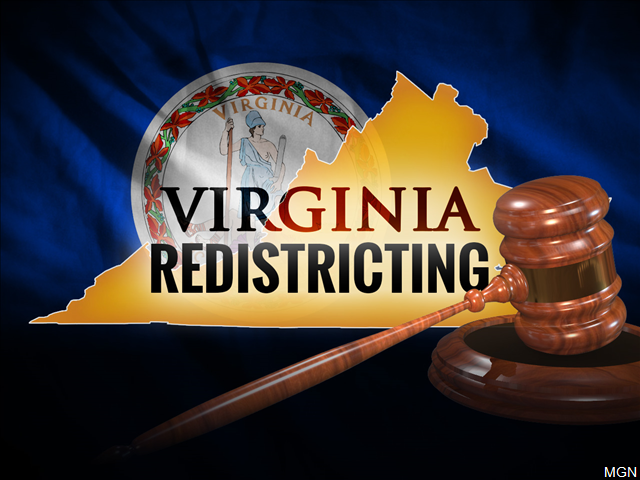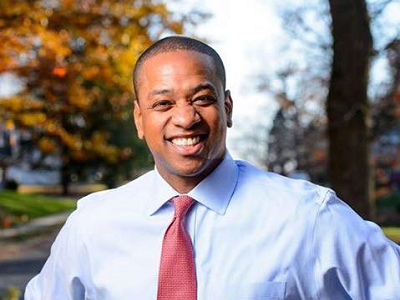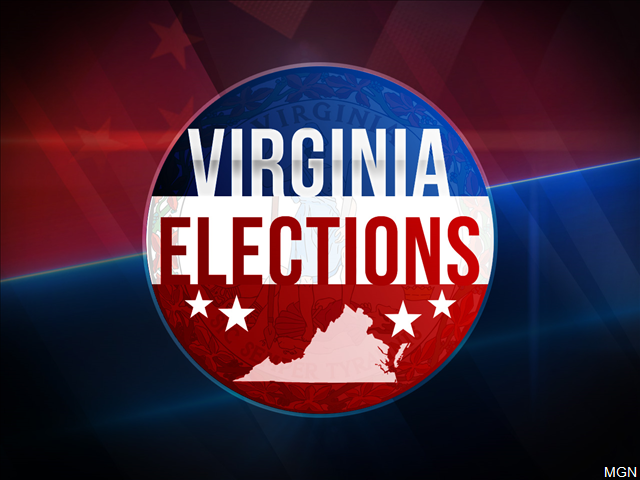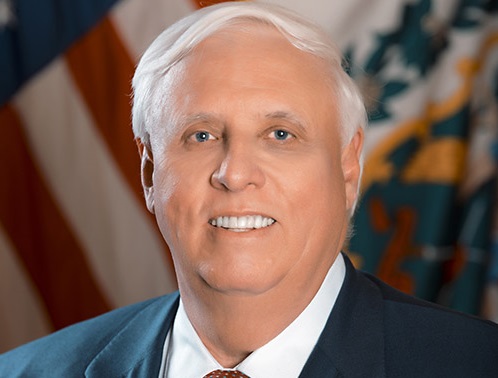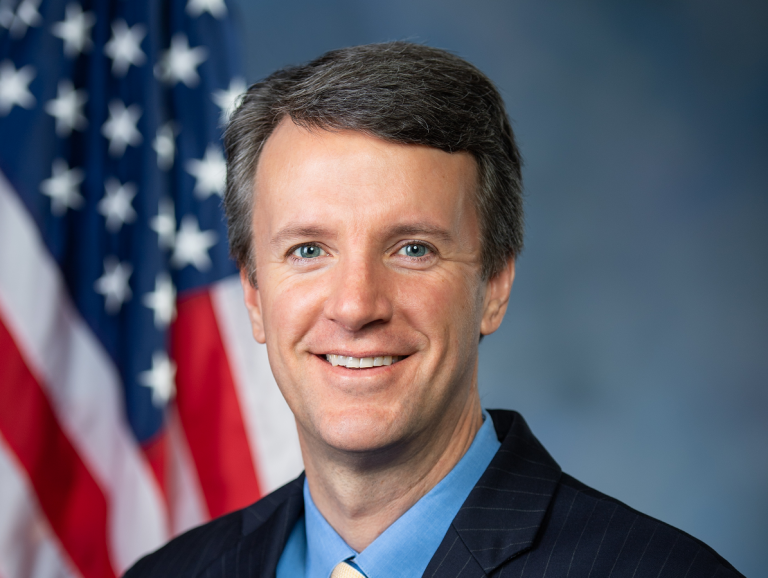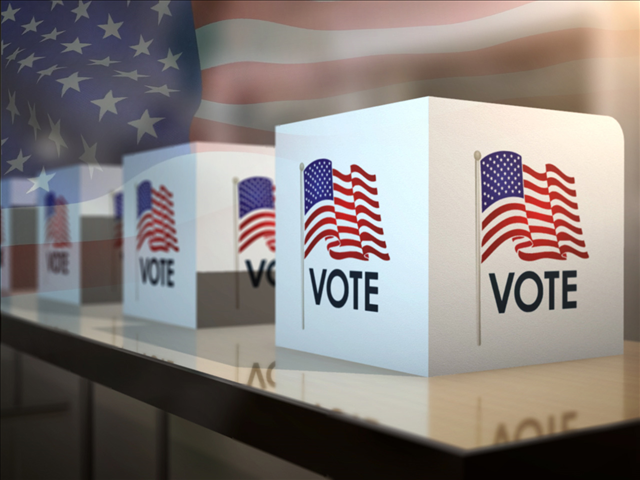Escalating tensions with Iran can be traced back to the nuclear deal that the U.S. withdrew from...
State and National Government
An independent candidate who likens himself to a local version of Donald Trump is challenging State Senator...
It’s now a done deal that this year’s General Assembly elections will be conducted under a redrawn...
RICHMOND, Va. (AP) — Virginia Republicans are renewing their push to hold a bipartisan hearing into sexual...
UPDATE:Virginia’s upcoming state elections that could determine the control of the General Assembly will be held under...
WASHINGTON (AP) — Voters will elect lawmakers to the Virginia House of Delegates using a map seen...
Virginia Attorney General Mark Herring said over the weekend that marijuana should be legalized but what about...
With the party primaries now out of the way, Democratic and Republican strategists now turn their attention...
RICHMOND, Va. (AP) — Virginia Attorney General Mark Herring is calling for the legalization of marijuana. Herring...
CHARLOTTESVILLE, Va. (AP) – A company owned by West Virginia Gov. Jim Justice’s family has avoided a...
A Congressman from our area says replenishing a fund supporting victims of 9/11 renews the nations commitment...
Two members of Governor Northam’s administration are conducting a series of events in parts of the state...
It’s on to November now for General Assembly candidates, and Virginia Tech Professor Bob Denton says the...
The latest quarterly “Virginia Index of Consumer Sentiment” poll conducted by Roanoke College shows some slippage but...
As parts of Virginia prepare for primary elections tomorrow, one of its Democratic Senators is calling for...



